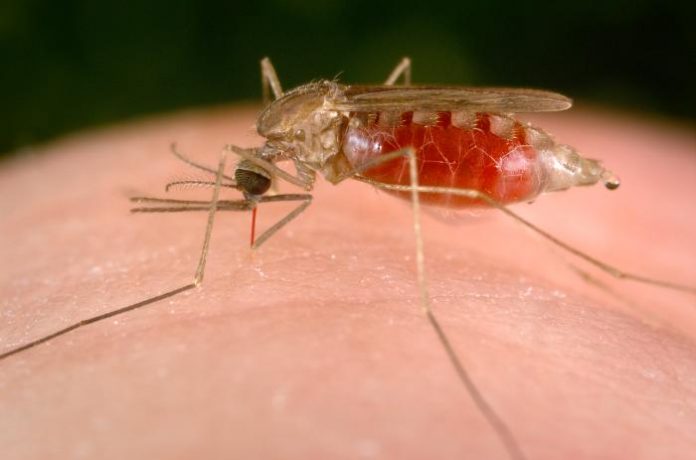Geelong researchers have been part of a team of Victorian scientists to make a major breakthrough in the race to find new drugs to fight malaria, one of the world’s most devastating diseases.
Scientists from Deakin University and Burnet Institute were able to block the export of important proteins in red blood cells, essential to malaria parasite survival, which opens the door for new anti-malarial drugs to be developed.
Published in leading scientific journal Nature, the two research groups were both able to block a gateway used by the parasite to export proteins using two different and novel techniques.
Malaria parasites are able to modify red blood cells, enabling them to grow quickly by attracting more nutrients and sticking to walls of blood vessels, effectively hiding from the immune system so they can’t be destroyed.
Burnet Institute Director and CEO, and co-author of the paper, Professor Brendan Crabb said the world was desperate for new treatment avenues as there was just one drug, artemisinin, left to treat the disease.
“This is a major advance in the quest for new malaria drugs. If we can discover a drug that blocks the protein complex that comprises this gateway, you can effectively block the functioning of several hundred proteins,” Professor Crabb said.
“This would be a very potent drug, which would kill the parasite, block the nutrients coming in, stop the red blood cells sticking to blood vessels which would boost the immune system’s ability to deal with the parasites.”
Deakin University Medical School Associate Professor Tania De Koning-Ward said the latest breakthrough was built on the research teams’ earlier discovery of a pore, or gateway, believed to be used by the malaria parasite to export proteins into their host cell.
“We knew that this gateway existed but did not have solid evidence to show that it was the only pathway for hundreds of parasite proteins to access the host cell, until now,” Associate Professor De Koning-Ward said.
“Through the Deakin labs, and those at the Burnet Institute, we took genetic approaches to block different components of the gateway. We each found that it was possible to stop the parasite proteins from being exported, which proved lethal to the parasite. Hence, this work also validated components of the gateway as anti-malaria drug targets.
“We are now looking to better understand how the gateway is established, which will help with drug development in the future.”
Malaria is spread via mosquitoes and its most lethal form is caused by the parasite Plasmodium falciparum. There are in excess of 200 million cases of malaria each year with more than half a million people, mainly children, dying from the disease. New therapies are urgently needed to combat increasing resistance to the available drugs.









